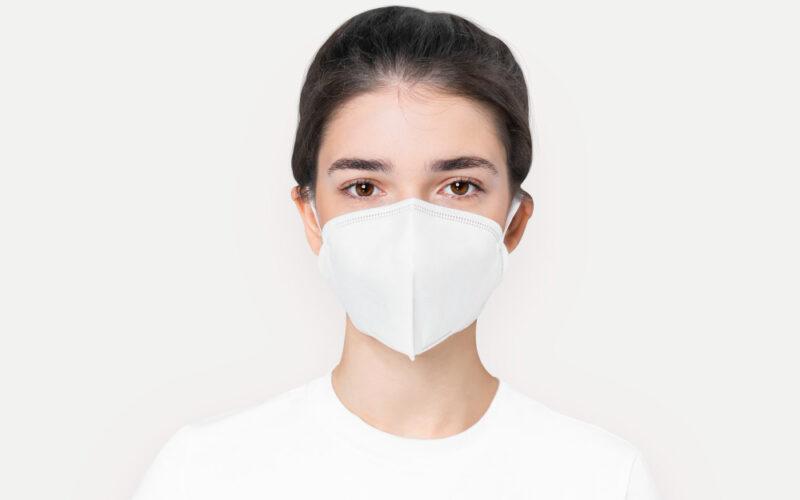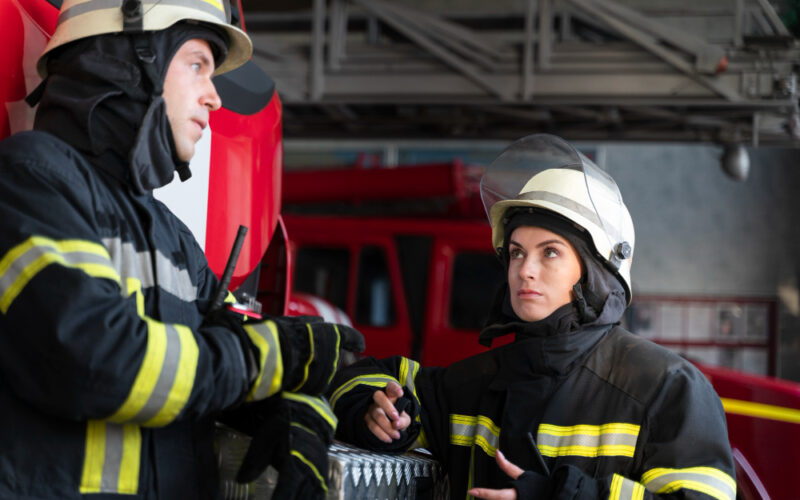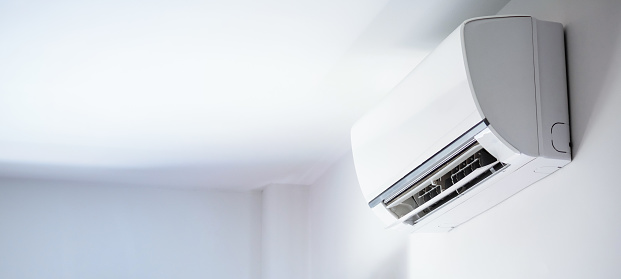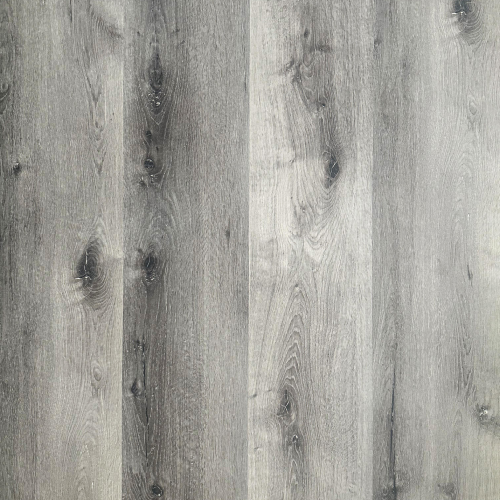
The year 2020 brought many changes. Wearing a mask is now a mandatory step to protect ourselves from the deadly coronavirus. Although people are now free to move out of their houses, it is best to always protect ourselves. Moreover, it is best to keep your masks on with the surge in new Covid cases recently.
There are several masks available in the market including P2/N95 respirators, cloth masks, utility masks, surgical masks, surgical P2/N95, etc. Most individuals are confused between P2 and N95 face masks. In this article, we will be discussing everything you should know about P2 face masks.
What Are P2 Masks? Are P2 Respirators the Same As N95?
Many often mistake N95 masks for P2 face masks. The reason behind this confusion is that the differences are not noticeable. When we talk about the P2 masks, the rating ‘P’ is similar to the rating ‘N’ in N95, N99, and N100 respirators. The only difference is that the N rating is a standard for the United States, and ‘P’ is a standard for New Zealand and Australia.
Respirators or face masks that can be disposed of and utilized in the building or construction sector are ‘P’ rated. To denote the particle size of the particulate matter, the ‘P’ rating is used. This informs the user about which hazardous particle size they are getting protected from breathing in.
The standards AS/NZS1716 are for the items used for respiratory protection in Australia and New Zealand. These respirators have filters for protecting individuals from various harmful particulate matter. The rating for these filters is categorized into three types namely P1, P2, and P3.
Difference Between P1, P2, & P3 Face Masks
The ‘P’ rating can be classified into three codes, which are discussed as follows:
P1 Class Code- The P1 face masks are designed to filter out at a minimum of 80% of particles suspended particulate matter. These masks are adequate for particles that are larger than 1 micron. These masks are used to avoid dust and pollution in different industrial areas. From P2 Class Code- With a filter rate of 94%, the P2 face masks or respirators are essentially designed to protect individuals from particles that are produced thermally or mechanically. These also include the particles protected by P1 masks. Their filter has comparatively higher filter efficiency and is made to deal with a sub-micron particle size that isis produced thermally such as welding fumes.
These face masks have a moderate filter efficiency and can be used for capturing suspended particles that are biologically active. Therefore, these are advised to be suitable for controlling specific infections such as SARS, Tuberculosis, etc.
P3 Class Code- Lastly, P3 respirators offer a 99.95% filter rate. Other than the above-discussed particles, these protect extremely toxic particulate matter such as asbestos, organophosphate insecticides, enzymes, radioactive particles, etc. The masks are provided to workers who are prone to the deadly work field. It is not a replacement for P2 face masks.
Why Choose A P2 Face Mask?
The P2 face masks are available for single use and designed to protect you from particle that are sub-micron in size. By wearing these masks correctly, you can prevent yourself from getting exposed to bad-quality air and other health problems. You can purchase these masks from suppliers of safety equipment.
Effectiveness Of A P2 Face Mask
The effectiveness of a face mask depends on the efficiency of its filter as well as the fit of the mask. P2 face masks help filter 94% of suspended particles. Their efficiency is relatively more as compared to surgical or cloth masks as they offer a better fit. Also, the effectiveness of cloth masks is highly dependent on the cloth material and layers of cloth.
It has layered differences that do not enable the dirt to penetrate through the masks. It avoids the chances of direct exposure to deadly viral or fungal infections.
Conclusion
Ever since the Covid pandemic hit, the need for an effective mask has increased. Today, there are all kinds of masks available in the market that several manufacturers claim to be the best. One such mask is the P2 face masks. These are designed to offer a filter rate of 94% and are best suitable for filtering thermal, mechanical as well as biological active particles. These are best advised for infections such as SARS, Tuberculosis, etc.





